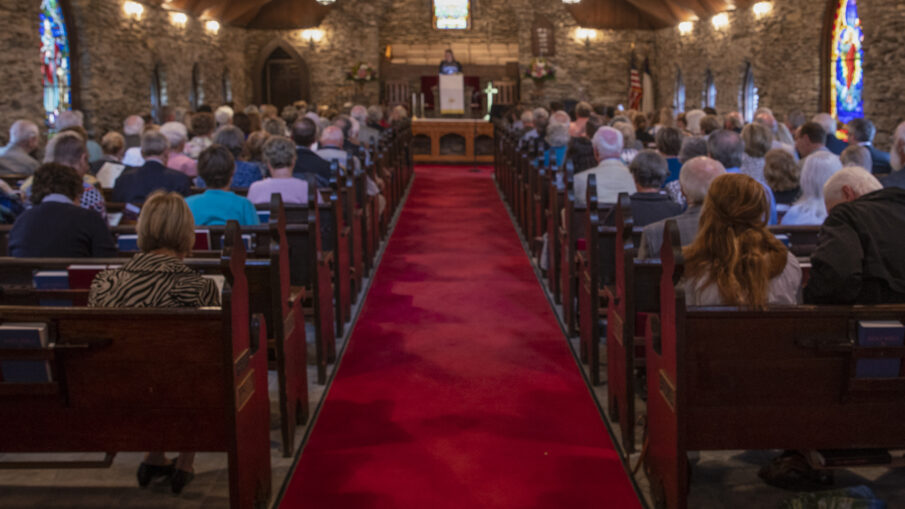Jung wanted to be known as a scientist as well as a empirical psychologist. However, due to his incursions into religious matters, many accused him of Christian Mysticism. Freudians frequently accused Jung of mysticism. This might be a compliment nowadays, but it was not so in the mid 20th century. Mainly for wanting his ideas to be considered by psychologists and scientists of his time, he didn’t want to be seen of as a mystic. The stressed the point that he was a scientist and an empirical psychologist.
As his objective was to care for people’s mental health, Jung could not avoid talking about religion, a matter which, even though he emphasized that he was not a theologian, he enriched by giving important contributions. Jung said he knew no one in their second half of life who could solve the existential problems without connecting to a higher force, and advised many patients to go back to their religion of origin.
If psychology intends to improve human beings making them more conscious and happier, its aim is necessarily twined together with religions. Jung realized this, and tried to influence the Catholic Church through some priest friends, seeking a renewal that would invert the declining situation by which Christianity was passing, and still is.
This was not possible. When Jung wrote “Answer to Job”, the outrage of some friends linked to the Church led to the end of this attempt to get closer. A loss for both the Vatican and all the Christians.
It is interesting to mention the way Answer to Job was written. For some time, Jung had been maturing the idea, but had no courage to move on. The heavy criticism given to his book “Aion” convinced him that advanced ideas were misunderstood. With an emotional subject, a rational judgment cannot be expected. If “Aion” aroused so much criticism, what should be expected of “Answer to Job“?
His resistance to the book was won by the Self, which made him undergo high temperature that only ended when, three days later, the book was ready. It had to be written for him to get rid of the fever. Jung did get rid of the fever, but not from the heavy criticism and disputes with friends such as Father White, his main partner in the struggle to make his ideas considered by the Vatican.

